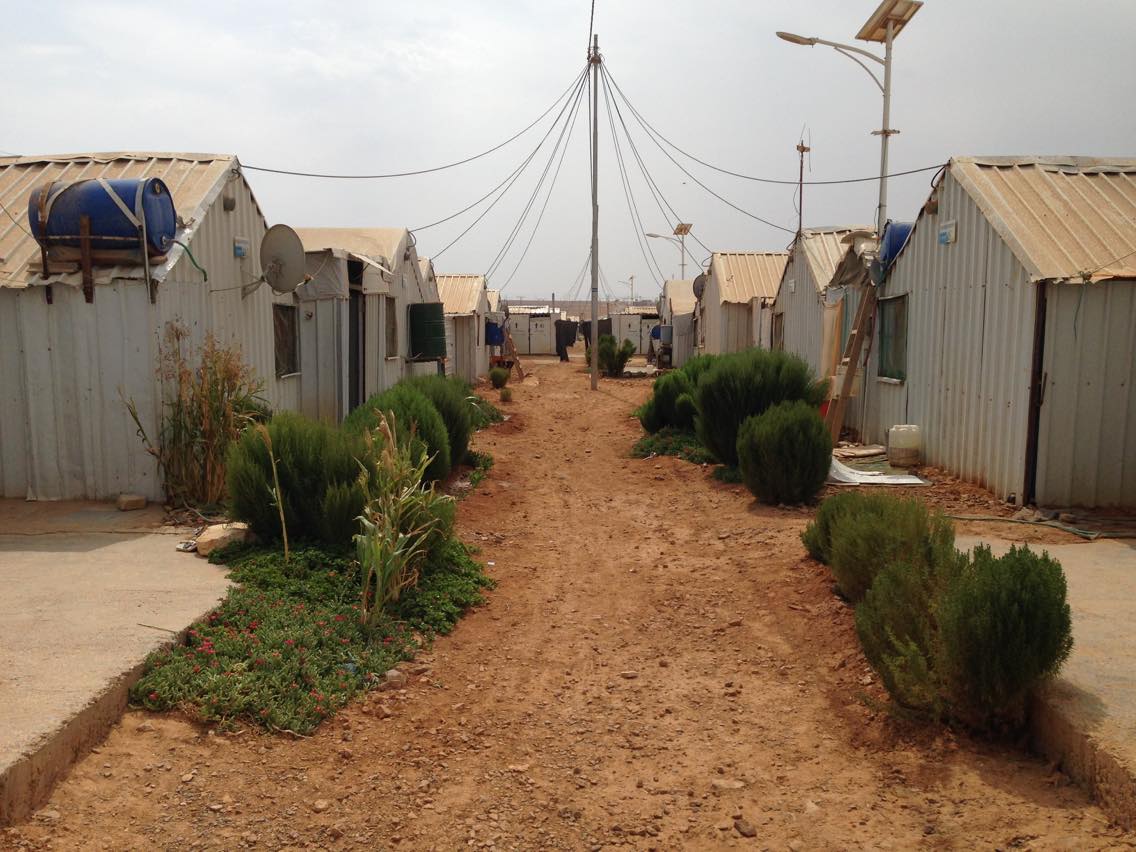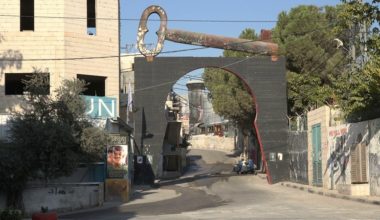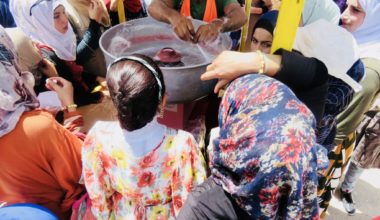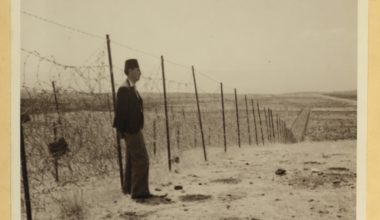
By Dr Hussam Hussein, CBRL Pilot Study Grant recipient and postdoctoral researcher at the Department of International Agricultural Policy and Environmental Governance – University of Kassel (Germany).
During spring and summer 2017, I spent several months in Jordan and Lebanon conducting fieldwork thanks to a CBRL pilot study grant. My aim was to understand the discourses around Syrian refugees’ impact on water resources and how these discourses inform and shape water policies and strategies. In this context, a discourse refers to the perception that people have of an issue, and the way people think and speak about a specific issue. My focus was not on the real impact that the Syrian refugees are having on the water resources in Jordan and Lebanon, but rather on their perceived impact.

Lebanon and Jordan have, in the past, accused neighbouring countries of not respecting international water law and unfairly allocating water from the Jordan River. However, my research shows that since the Syrian crisis, a new discourse has gained prominence in governmental declarations and national mass media that emphasizes how Syrian refugees are exacerbating water scarcity. I investigated why it came to be, and its implications. I found that it shifts the blame for water scarcity away from neighbouring countries and towards refugees. Given the international attention towards the refugee crisis, this discursive shift has allowed Jordanian and Lebanese governments to seek international support and aid in order to face the “water crisis” caused by the refugees’ arrivals.
The methods chosen for data collection were informed by my guiding research question. I analysed newspaper articles, which allowed me to see what was being exposed to the general public. Next, I focused on more technical documentations, such as reports, press releases, and declarations of the ministries of water and irrigations and of other high-level governmental figures. Finally, donors, diplomats, policy-makers, academics, and NGOs employees were interviewed to uncover why certain language was used in their reports, declarations, and statements. This analysis was combined with observation to see how the new discourses are being deployed in forums, conferences, and events by governmental officials. Future research should study the impact of the Syrian refugees on water resources, to address the actual impact against the new discourses that I identified.

Thanks to the CBRL Pilot Study grant that enabled me to conduct this initial fieldwork and data collection, I was able to prepare a strong application and secure funding for taking this research further. In particular, CBRL’s grant allowed me to lay the groundwork for a successful application to the Arab Council for Social Sciences (ACSS) Postdoctoral Fellowship for the 2017/2018 academic year. My findings are being compiled into a working paper for the Centre for Mediterranean Integration (CMI) with Alberto Natta, Abed Al Kareem Yehya, and Baha’ Hamadna, and supervised by Anders Jägerskog. This working paper was made possible by an initiative in 2019 of the CMI in support of its Mediterranean Youth for Water Network (MedYWat), which facilitated supervision and collaborative works of young water professionals in the Mediterranean region.
Hussam Hussein is a postdoctoral researcher at the Department of International Agricultural Policy and Environmental Governance – University of Kassel (Germany). He obtained his PhD from the School of International Development, University of East Anglia – Norwich, UK. After his PhD, Dr Hussein worked as a postdoctoral research fellow at the American University of Beirut, investigating hydropolitics in the Levant region. His research focuses on the role of discourses in shaping water policies in the Middle East, on transboundary water governance and critical hydropolitics, and on issues related to the political economy of water resources in arid and semi-arid regions.
The views expressed by our authors on the CBRL blog are not necessarily endorsed by CBRL, but are commended as contributing to public debate.















